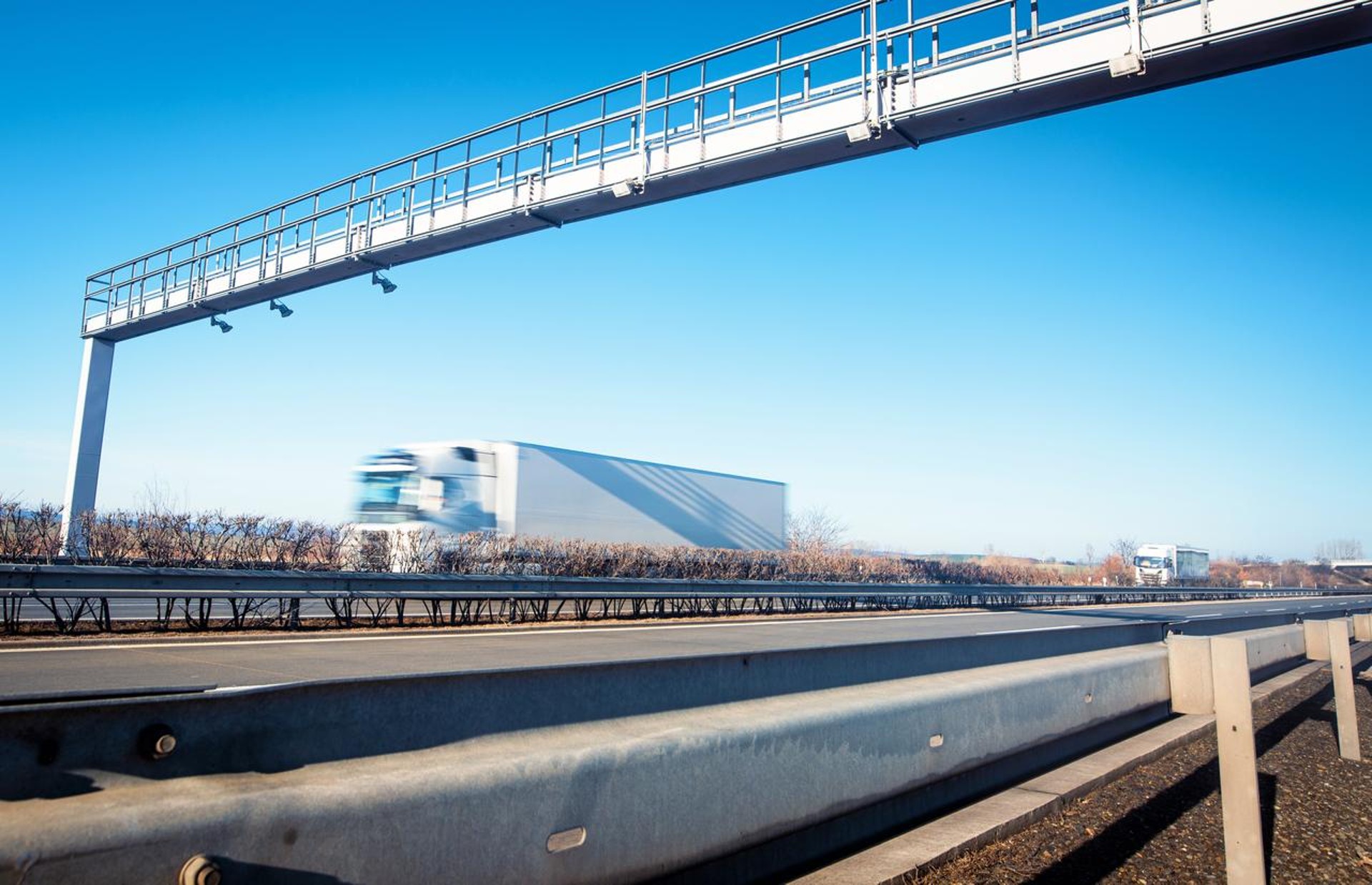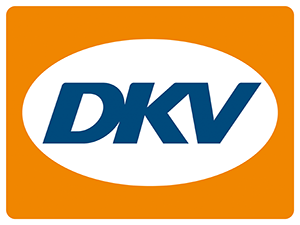Navigating the CO2 Tolling Terrain: The Journey of EP Cargo Trucking

Since March 1, 2024, all commercial vehicles over 7.5 tons in the Czech Republic must pay a CO2-based truck toll. The charge is based on the newly introduced CO2-emission classes and is a decisive step towards reducing the transport sector's carbon footprint. With this implementation, the Czech Republic becomes the third EU country, following Germany and Austria, to adopt this new CO2 toll system.
During this period of transition, it is crucial that companies and vehicle operators are familiar with the new regulations and processes. DKV Mobility has guided its customers through the process and ensured that they are informed of all the necessary steps to enable a smooth and transparent transition.
EP Cargo Trucking, a Czech transportation company and a long-standing partner of DKV Mobility, shares insights into their experience during this transition phase and how DKV Mobility has helped them successfully adapt to the new regulations.
Newsroom: Can you tell us about your company and what role it plays in the industry? What kind of transportation services do you offer and in which regions do you operate?
EP Cargo Trucking: Our company was founded in 1993 and currently actively covers the entire Central European region (Czech Republic, Slovakia, Poland, Hungary, Austria and Germany) with its fleet of 110 vehicles. The main activity is the transportation of bulk materials such as ash, coal dust, limestone, cement and mercury used in the energy industry.
Newsroom: How did DKV Mobility help you with the CO2 tolling process?
EP Cargo Trucking: We received enormous support. At the time we were overwhelmed with the administration of the CO2 toll and the DKV Mobility sales representative was there in person and guided us through the whole process, helped determine the CO2 class and thanks to that extra mile of customer service we were able to meet the deadline. The cooperation with DKV Mobility was great at any time. Even after working hours, we got answers to our questions. They have really proven that their motto ‘You drive, we care’ is their working philosophy.
Newsroom: What challenges did you face in terms of CO2 tolling? Did you think you would be able to manage the implementation on your own?
EP Cargo Trucking: Finding time to set everything up on time was the biggest challenge. And since this whole topic was new to us, we really appreciated the way DKV Mobility communicated. Every DKV Mobility employee we spoke to about the CO2 toll (sales or customer service) was always friendly and patient in their advice.
The CO2 Class Check tool was also very useful, it helped us to avoid uploading unnecessary documents and also by entering data from the vehicle documentation I personally recognized what is really important and has to do with the CO2 class determination.
Newsroom: Where did you have the biggest concerns and how was DKV Mobility able to overcome them?
EP Cargo Trucking: Of course, the costs were and are the biggest concern. But DKV Mobility provided us with the toll tariff table as well as with always updated information on their website. This support has minimized our concerns a little.
Newsroom: Which changes or innovations in the area of CO2 tolling do you think have had the greatest impact on your company and your industry?
EP Cargo Trucking: The biggest change concerned the pricing. We had to inform our customers and hold business talks. Many of our customers understood the environmental impact of CO2 production as well as we did and therefore accepted the cost increase. Unfortunately, the CO2 surcharge can be devastating for some companies in the industry, especially small businesses.
Newsroom: What are your long-term goals and expectations regarding CO2 tolling?
EP Cargo Trucking: The plan or goal is to contribute to a healthier environment by purchasing modern vehicles with hybrid or electric engines. In this way, we can reduce CO2 production in Europe and toll costs. I believe in the support of DKV Mobility during the process in connection with possible changes. I am convinced that we can rely on DKV Mobility and the people who work there.
